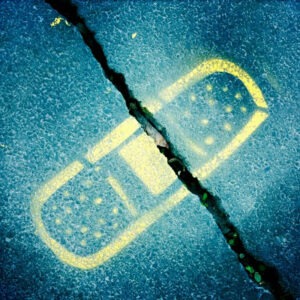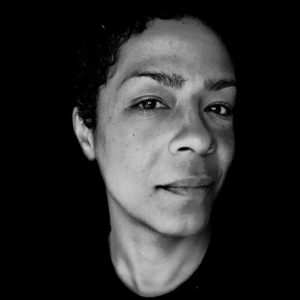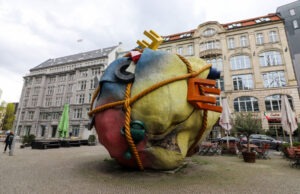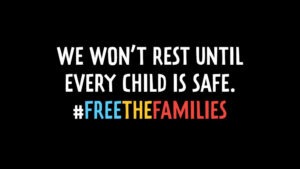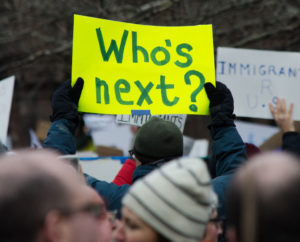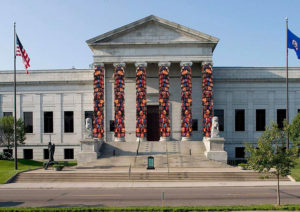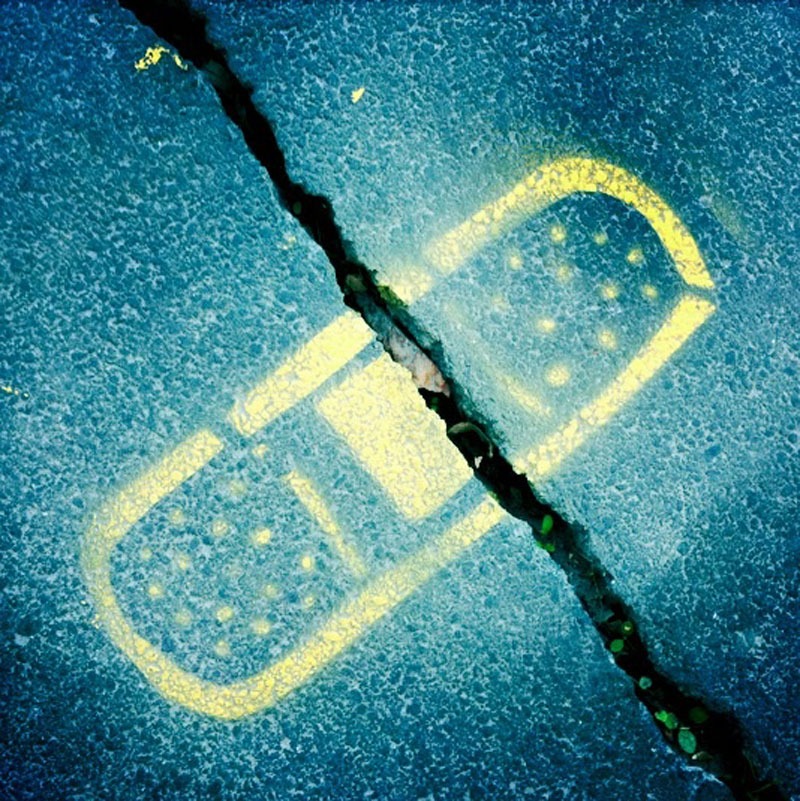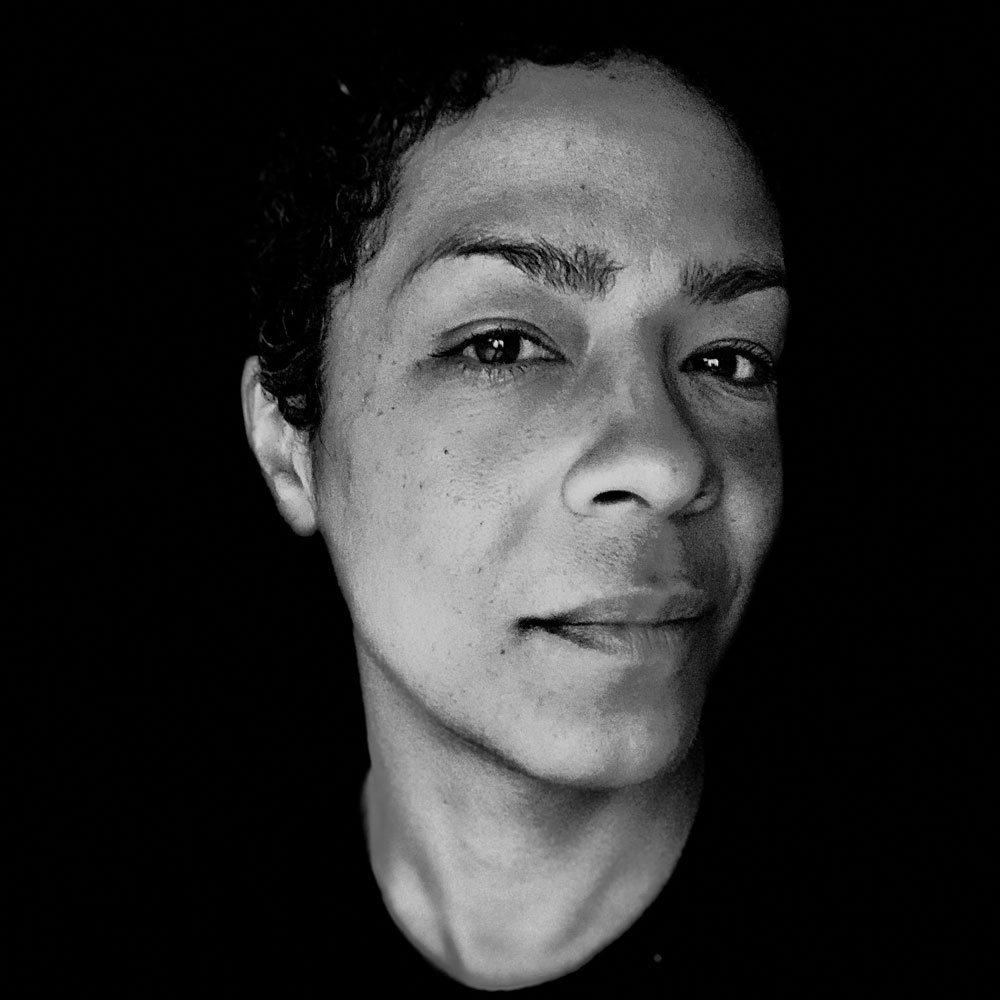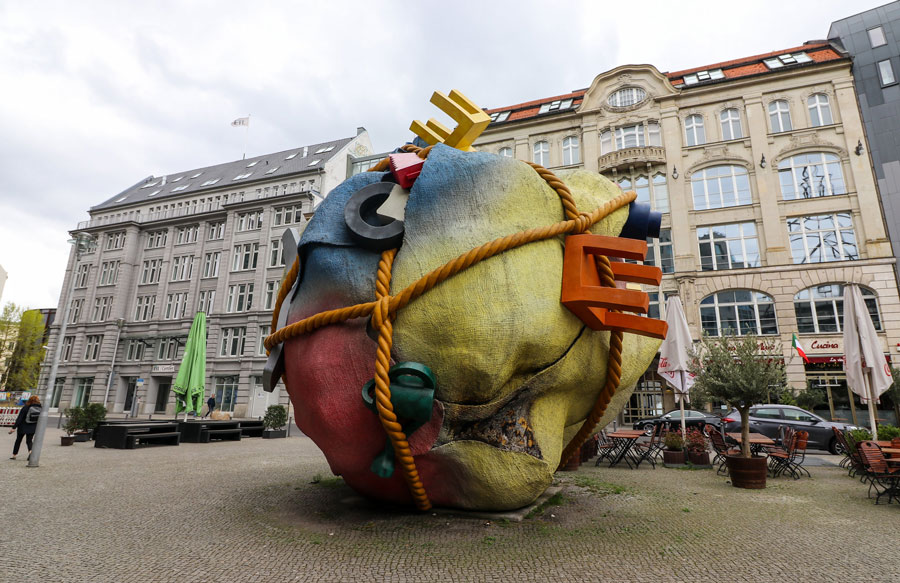Earlier this year, Sir Nicholas Winton died at the age of 106—and there is no reason why you would necessarily recognize his name, but he helped get eight trains filled with 669 mostly Jewish children out of Czechoslovakia, ferrying them away from almost certain death after Kristallnacht, or the night of broken glass. A ninth train, more full than the others, was stopped at the border.
It is hard not to see the similarities with the current refugee crisis, where the images of families being drowned in an attempt at freedom, confined in railway cars, and walking down tracks to uncertain futures is contrasted elsewhere with declarations of welcome and sharing of resources—even when it involves personal sacrifice, as in the less than prosperous Greek islands.
Sign up for our free newsletters
Subscribe to NPQ's newsletters to have our top stories delivered directly to your inbox.
By signing up, you agree to our privacy policy and terms of use, and to receive messages from NPQ and our partners.
Here is an interview with Winton. I am sharing it because it may emphasize the need to take personal responsibility for the plight of the refugees fleeing into Europe at mortal risk to themselves. As we watch the differences between the response of Germany, Hungary, Greece, and the EU generally, we may well ask ourselves, where is the United States? Are responses to date reflective of the scale and urgency of the need? Could your voice help?



